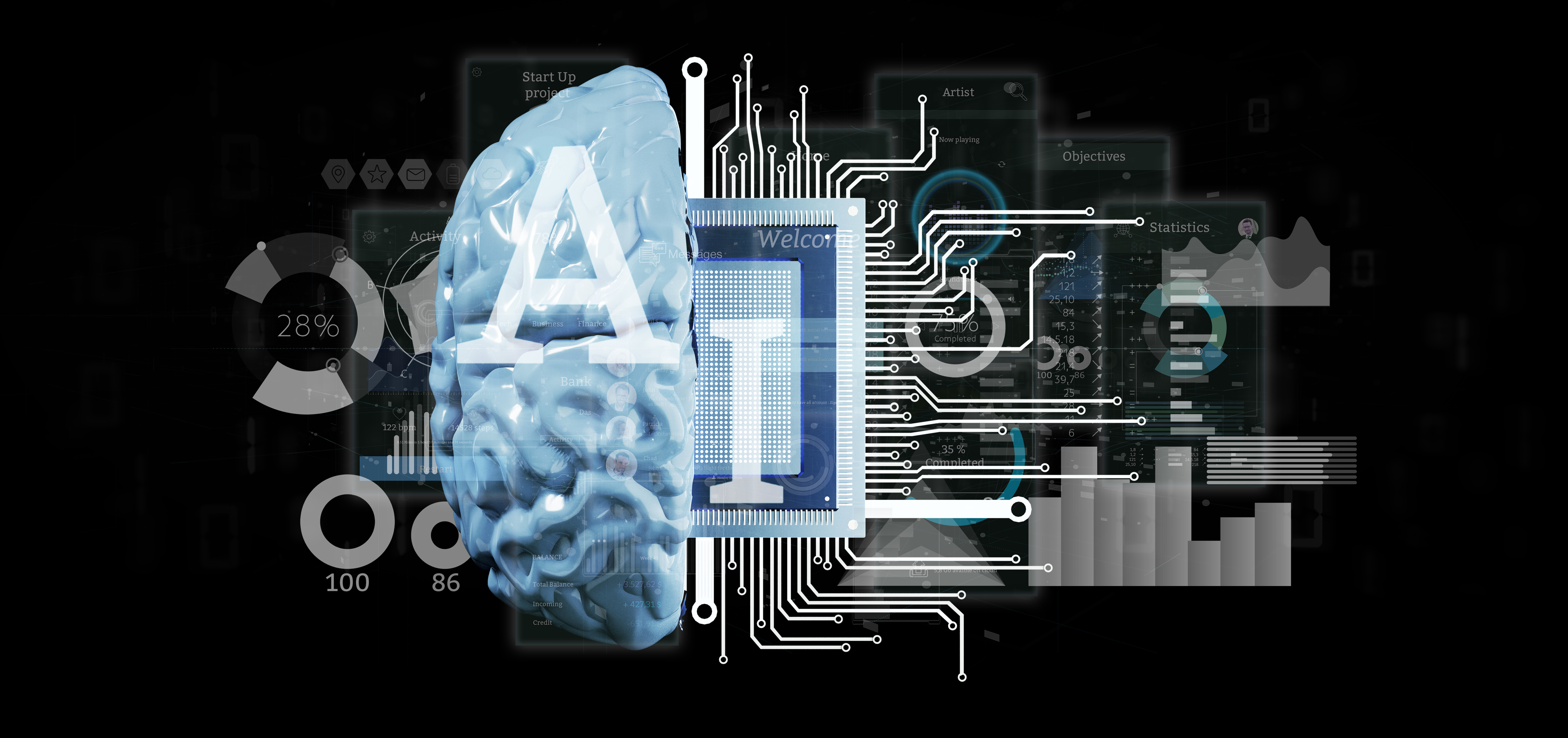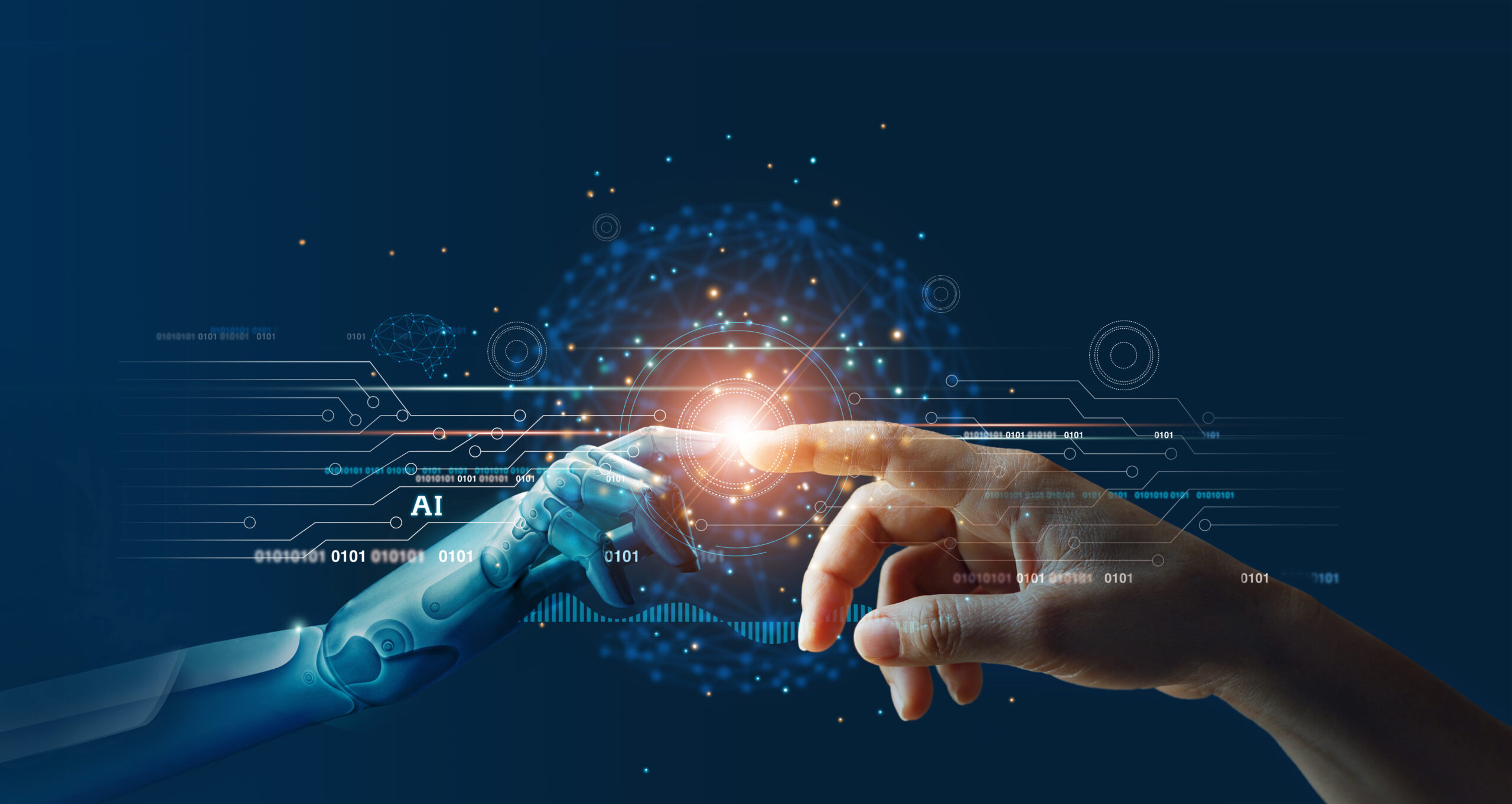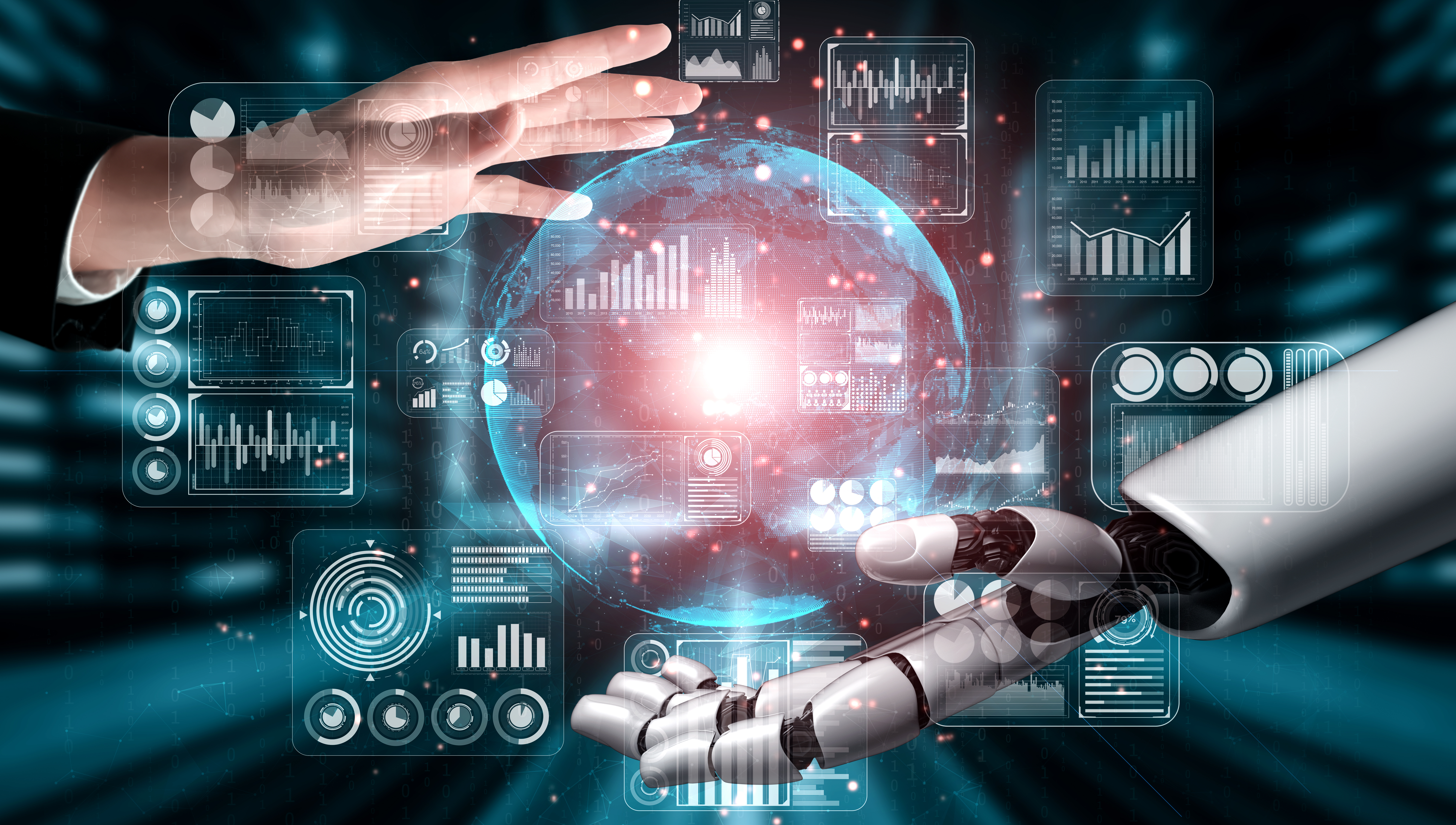Machine Translation (MT) has revolutionized the localization industry by automating the translation process. As the usage of MT systems grows, the role of linguists has evolved significantly to adapt to this new landscape. In this blog post, we will explore the changing responsibilities of linguists, including MT annotation, data cleaning/curation, glossary creation, the rise of the MT Specialist profile, and how MT modifies or affects the translator’s role(s).
MT annotation
Linguists now find themselves frequently involved in the process of MT annotation. MT systems require large amounts of annotated data to improve their performance and accuracy. Linguists play a crucial role in annotating parallel corpora, which are then used as training data for MT systems. This involves aligning source and target language texts, segmenting sentences and phrases, and labeling various linguistic phenomena. MT annotation helps enhance the quality of translations generated by the systems. For example, it is thanks to human annotation that some MT engines are able to work on improving gendered outputs by providing a variety of options.
After post-editing, MT annotation has evolved as one of the most common practices for linguists nowadays due to the demand for data and its quality that the latest technology requires.


data cleaning & curation
Another responsibility that has emerged for linguists is data cleaning and curation. Raw data used for training MT models often contains errors, inconsistencies, or noise. Linguists are involved in the process of cleaning and curating these datasets to ensure the accuracy and reliability of the training data. By identifying and fixing errors, improving alignment, and removing irrelevant or harmful content, linguists contribute to the overall performance of the MT system. This practice has relevance because no matter what technology is used, all the machine learning processes require the cleanest data possible and the best quality of parallel data available. The latest technology is not only demanding high volumes of parallel data, but the quality is paramount.
glossary creation
Glossary creation is yet another area where linguists have an essential role to play in the age of MT. Creating and maintaining comprehensive glossaries ensures consistent and accurate translations across languages and domains. Linguists are responsible for building and updating glossaries, which serve as a reference for the vocabulary and terminology used in translation. The availability of an extensive glossary ensures that the MT system produces consistent translations, aligning with the specific requirements and preferences of the client. Especially when customizing results for a specific subject matter. Glossaries for machine learning are not the same as for localization (translation/post-editing), there are specific ways to be created for the machine to improve vocabulary (lexicon) and not to lose the intelligence when applying the corresponding inflections.


the rise of the MT specialist profile
As MT becomes more prevalent, a new profile has emerged within the linguistics field—the MT Specialist. These professionals possess expertise in both linguistics and technology, allowing them to bridge the gap between linguistics and MT systems. MT Specialists work closely with linguists to develop and improve MT systems, offering insights into the technological aspects while ensuring linguistic accuracy and quality. Also known as computational linguists when comes to helping develop algorithms or scripts with specific rules that can improve or streamline localization processes for particular language combinations.
MT Specialists collaborate with other professionals, such as software developers, to customize and fine-tune MT engines according to specific domain needs. They play a crucial role in understanding the limitations of MT, identifying areas for improvement, and making informed decisions regarding post-editing and feedback. The rise of this profile illustrates how the linguist’s role has diversified and adapted to the demands of MT and its related technologies.
This role as an SME is very important to correct and streamline MT outputs. They became important assets to LSPs since they validate results and contribute to the fine-tuning step of custom MT engines.
how MT modifies or affects the translator’s role(s)
With the increased usage of MT, the role of a translator has also been modified. MT has not replaced human translation but has transformed the process and expectations. Translators now often work as post-editors, reviewing and enhancing the output generated by MT systems. Post-editing involves correcting errors, improving fluency, ensuring consistency, and adapting the text to the desired style. Translators need to possess both linguistic skills and specialized knowledge in MT post-editing techniques.
The growing adoption of MT has also led linguists to leave the repetitive and simple translations to the machine and focus more on where their human value and warm voice has a higher value.
Additionally, MT has opened up new opportunities for translators in the form of pre-editing and quality evaluation. Pre-editing involves optimizing a text before it is processed by the MT system, ensuring better results. Quality evaluation focuses on assessing the output of an MT system and providing feedback for improvement. Translators now have the chance to collaborate with MT Specialists and contribute to the overall advancement of MT technology.


shaping the MT landscape
In conclusion, the role of linguists has evolved significantly in response to the growing usage of Machine Translation. From MT annotation to data cleaning/curation and glossary creation, linguists now have diverse responsibilities within MT workflows. The emergence of the MT Specialist profile highlights the need for expertise at the intersection of linguistics and technology. As translator roles shift towards post-editing, pre-editing, and quality evaluation, linguists continue to play a crucial role in ensuring accurate and high-quality translations in the age of MT.
The expertise and knowledge of a linguist won’t be replaced by MT soon due to the language nuances and diversity of cultural and context-related aspects of the languages. Cultural adaptation will still be an irreplaceable task for translators among the emerging new ones.
